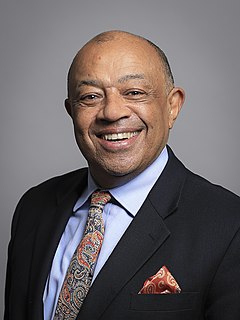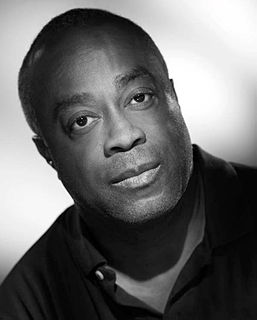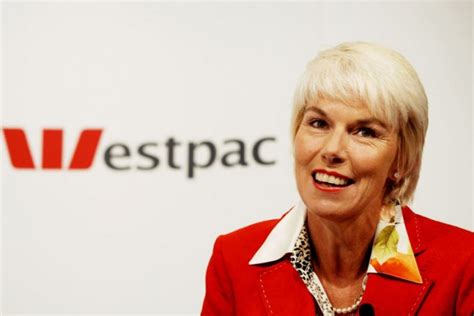A Quote by John Kani
Theatre has had a very important role in changing South Africa. There was a time when all other channels of expression were closed that we were able to break the conspiracy of silence, to educate people inside South Africa and the outside world. We became the illegal newspaper.
Related Quotes
We were land-based agrarian people from Africa. We were uprooted from Africa, and we spent 200 years developing our culture as black Americans. And then we left the South. We uprooted ourselves and attempted to transplant this culture to the pavements of the industrialized North. And it was a transplant that did not take. I think if we had stayed in the South, we would have been a stronger people. And because the connection between the South of the 20's, 30's and 40's has been broken, it's very difficult to understand who we are.
And now South Africa has finally woken up and it is doing great things. And if South Africa becomes the template to what AIDS is in the sub-Saharan continent, then all the other countries are going to follow suit. And Michel Sidibe, who spoke at the breakfast meeting this morning, was saying that there is so much hope for Africa now that South Africa has got its house in order.
In general, Iranians believe that all Palestinians have the right to return home and that there is no chosen people on this earth, whether Jewish, Muslim, Christian. Iran had the same policy towards apartheid South Africa and at the time when it was supporting and funding the ANC [African National Congress] among other groups in South Africa, these groups were also considered to be terrorist organizations by many western governments.
When I was in government, the South African economy was growing at 4.5% - 5%. But then came the global financial crisis of 2008/2009, and so the global economy shrunk. That hit South Africa very hard, because then the export markets shrunk, and that includes China, which has become one of the main trade partners with South Africa. Also, the slowdown in the Chinese economy affected South Africa. The result was that during that whole period, South Africa lost something like a million jobs because of external factors.
I am honoured to be asked to take on this role, especially as it comes at such an integral time for our relationship with South Africa and the African continent. There shall be many new challenges and opportunities ahead and I look forward to embracing them with great anticipation [on becoming the UK's high commissioner to South Africa]
Coming from the South and growing up in L.A. where it was so segregated - worse than the South in many ways - all the people in my neighborhood were from the South. So you had that Southern cultured environment. The church was very important. And there were these folk ways that were there. I was always fascinated by these Southern stories, people would share these mystified experiences of the South. I wanted to talk about folklore.
In South Africa, being Chinese meant I wasn't white and I wasn't black. I trained in Baragwanath Hospital, the largest black hospital in South Africa. That was around 1976, the time of the Soweto Uprising, when police fired on children and students who were protesting. I was part of the group of interns who volunteered to treat them.



































